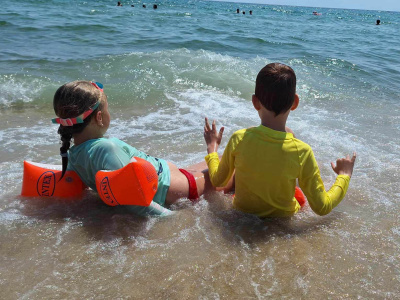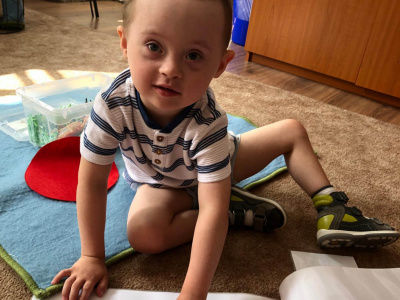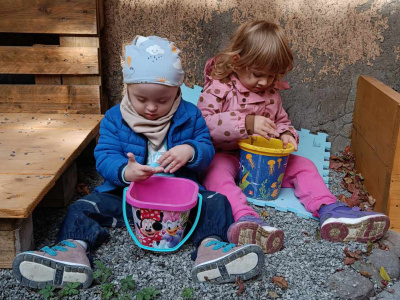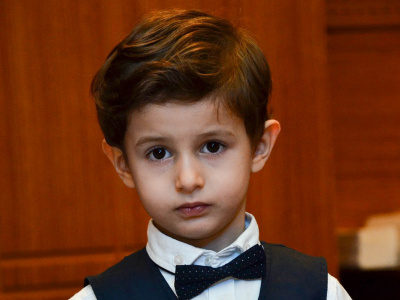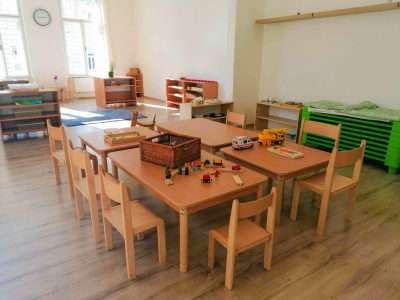Paediatricians and early intervention centres
A visit to a paediatrician in the family's home environment is nowadays a rarity in Slovakia.
But it was not so long ago when paediatricians used to visit mothers and their babies directly in the home environment. And not only them. They were greatly assisted in their work by paediatric nurses, who often, perhaps more than the doctor, had the space for patient support, reassuring concerns about the health and development of their baby. I can imagine how very helpful this form of support could have been for women who were first-time mothers, for example. Getting the right guidance, advice, instruction from the hands of a health professional right in my own home... It would give me the feeling that I am not alone in this whole new and unique situation of motherhood :-). My older friends recall how they also wrote down a lot of the advice and used the notes even years later when they had another child.
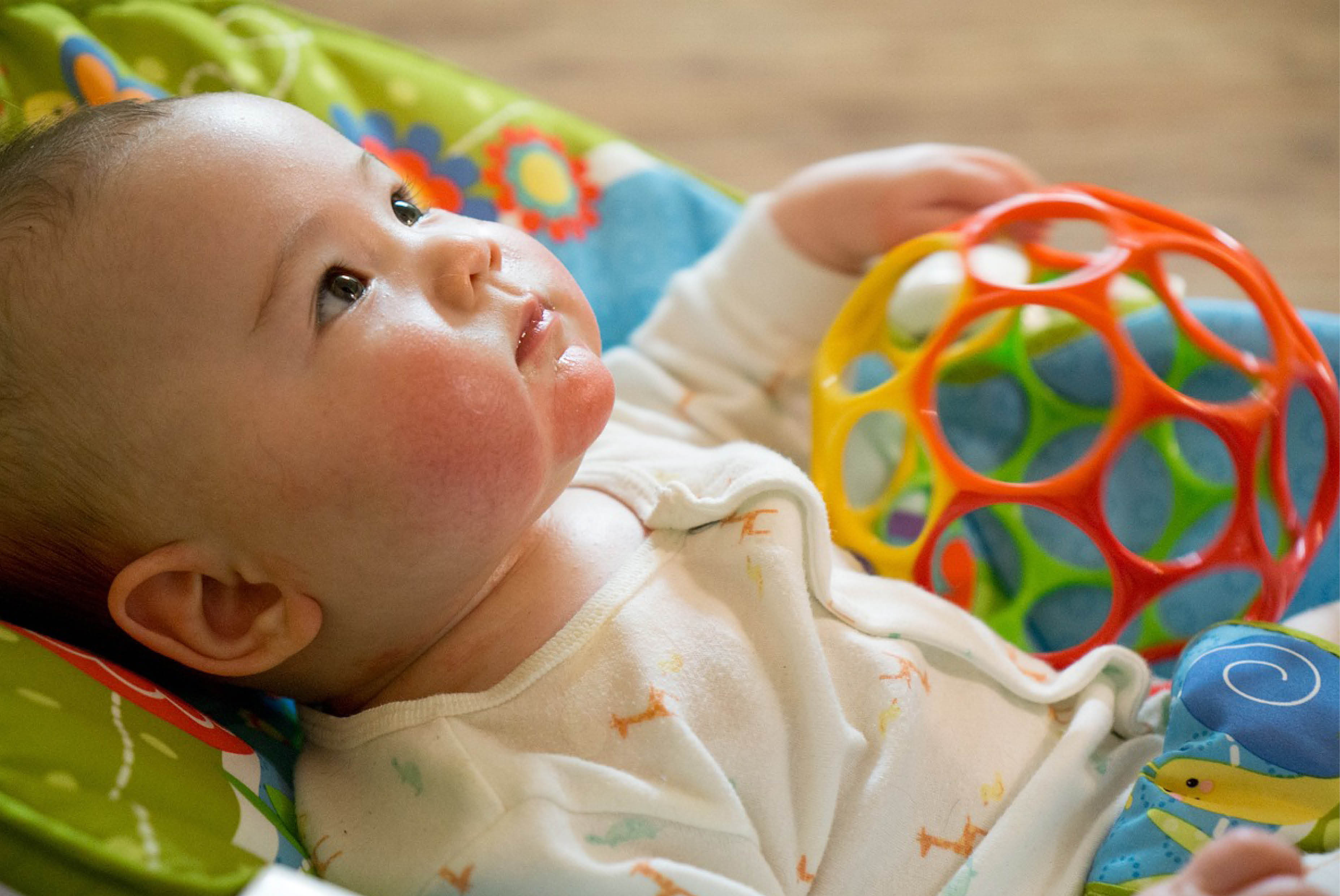
Today the situation is different. There are few paediatricians and so mothers come directly to the outpatient clinic in case of a child's illness or a preventive check-up. The doctor mainly monitors the child's state of health, there are a lot of small patients and there is not much time for reassurance and counselling conversations. The paediatrician is only able to know the child's home environment and the family's living conditions from the often not very extensive interviews. When vaccinations are given, when temperatures are taken.
While such a form of care may be sufficient for normal children who develop without difficulties (we could debate whether it really is), it is certainly not sufficient when a family is faced with the birth of a child with a disability.
The early years in a child's life, because of the increased neuroplasticity of his or her developing brain, matter enormously.
Every child needs a stimulating environment for his or her healthy physical and emotional development, in addition to good health care, in order to move forward. Part of a stimulating environment is not just the space in which the family lives. It is also the loving relationship with mom and dad, their attunement to each other as partners, and their ability to tune in emotionally to the child and give him the emotional care he needs. A stimulating environment also needs to be sufficiently stimulating in relation to the diverse needs of children. It should also be responsive to the needs of a child with a visual impairment, a hearing impairment or a child who lacks speech understanding.
In the field of child health care, the early intervention service can help medically "only" by referring children to specialists. Paediatricians and other medical professionals know what is best for a child's physical health, and do much more for children and their families, even in the small space of time they often have, than we can ever imagine.
But for many parents of medically disadvantaged and at-risk children, the medical approach is inadequate.
Coping with a challenging situation with a child who requires extra care and their own unexpected emotions can be very draining for a parent. Having someone who understands the situation, who can advise, guide and direct - such help becomes indispensable.
Early Intervention Centres are there for parents of disabled children and children at risk and together with them create a stimulating environment for the child. Together, they remove barriers to the child's development, not just physical ones, as far as possible. In a situation where paediatricians have almost no time to spare for talking, they supplement their medical care for the child with psycho-social care.
Although in many cases the support and accompaniment of early intervention specialists is almost as important as the care of a paediatrician, often families do not get to know that this service exists. Yet early intervention services are necessary, even essential, for the healthy development of a child with a disability and the safe functioning of his or her family. Why is this so?
Very few paediatricians or specialist doctors have sufficient knowledge of what is the content of the work of professionals in the early intervention service. There is a lack of information about how an early intervention service can beautifully complement the care of paediatricians for a child with a disability
This situation does not leave us indifferent. We need to improve interprofessional cooperation between all professionals who provide care for children in the first years of their lives.
That is why our project FIRST (K)YEARS.
As part of our project, we have already conducted face-to-face meetings with several paediatricians in February 2023, introducing them to the content and method of our work and its importance for our clients. Thanks to the meetings and their feedback, we were able to create information leaflets for parents of children with developmental risks or health disadvantages. We visit pediatricians and try to make more and more of them understand the importance of a bio-psycho-social approach to the pediatric patient...
We are convinced that children's early years really matter to all of us. However, in order to work together, we need to know about each other first :)
Simona Šimková

